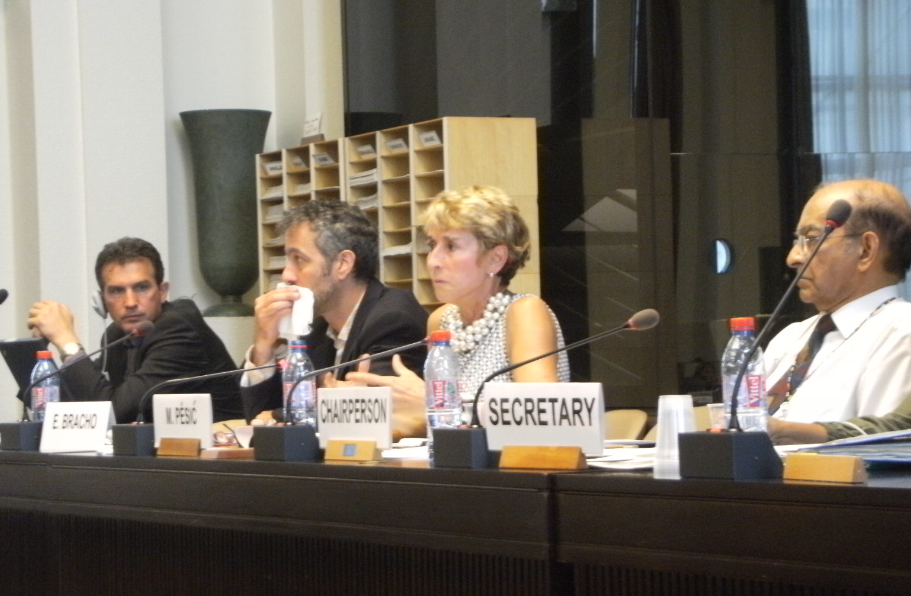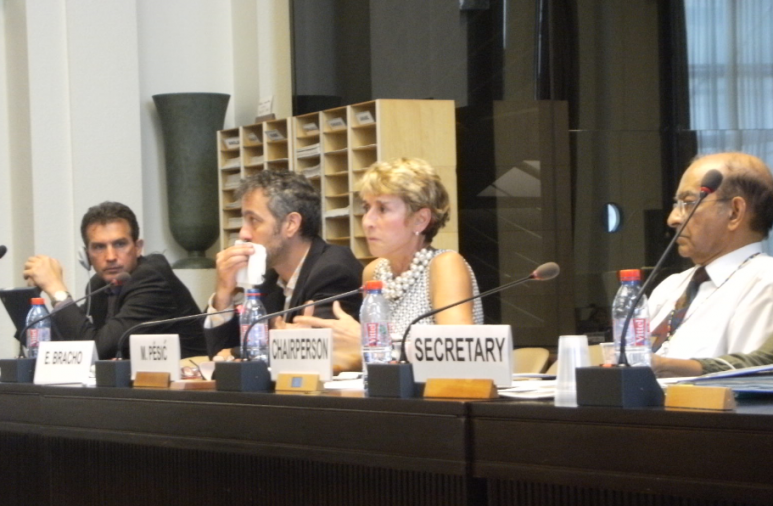Date: 24 July 2013
Region: Worldwide


“It was a great opportunity for MDI to share with the Committee members our experience from both ‘developed’ and ‘developing’ worlds. To identify correctly the line between the right to free expression and the right to equality requires a lot of professional skill, clear ethical value and knowledge, everywhere in the world. Nowadays when journalists are under the pressure of ever-growing workloads, threats of job losses and political pressures from all sides, it’s easy to blame ethnic or religious minorities for all the bad things happening in our societies,” says Ms Pesic.The role of media in curbing xenophobia and racial discrimination was the main topic of the 5th session in Geneva following the adoption of the resolution on the Elimination of All Forms of Racial Discrimination. The UN Office of the High Commissioner for Human Rights has requested recommendations on xenophobia, national mechanisms and procedural gaps.
As stated by the Ad Hoc Committee, “all the responses received from the country’ representatives outlined constitutions and national legislation as the means by which racism, racial discrimination, xenophobia and related intolerance are addressed”.
These legal frameworks in many, though not all, cases were noted to provide for equality before the law and/or legal protection against discrimination based on a number of enumerated grounds and/or in a number of sectors.
Edmundo Bracho, an MDI Consultant for Latin America, presented the current state of affairs of that continent’s media, insisting that a responsible media, inclusive of all voices regardless of their race, ethnicity, gender, disability, sexual orientation, religious belief, age, political or social background, are the solution for predominantly politically divided societies.

